A February visit to Tehran by Syrian president Bashar al-Assad showcased just how close the Quds Force-Hezbollah alliance is when it comes to acquiring weapons, writes Matthew Levitt for the CTC Sentinel.
Hezbollah has long prioritized its weapons and technical procurement efforts, but with the group’s heavy deployment in the war in Syria, its procurement officers have taken on even greater prominence within the organization. Today, in the context of the war in Syria, some of Hezbollah’s most significant procurement agents have teamed up with Iran’s Quds Force to develop integrated and efficient weapons procurement and logistics pipelines that can be leveraged to vastly expand Hezbollah’s weapons procurement capabilities.
The latest sign of how closely Quds Force and Hezbollah procurement officers now work together came to light when Syrian President Bashar al-Assad visited Tehran for surprise meetings with President Hassan Rouhani and Supreme Leader Ayatollah Ali Khamenei on February 25, 2019. For the purpose of operational security, Assad’s visit reportedly dispensed with traditional protocols. The Iranian President was only informed of Assad’s visit shortly before he arrived, and Iran’s Foreign Minister was neither informed nor included in the meetings. Quds Force commander Ghasem Soleimani reportedly oversaw the security protocols for the visit himself and flew with Assad on the plane to Tehran. And the person Soleimani chose to accompany him to these meetings and serve as a notetaker was Mohammad Qasir, the head of Hezbollah’s Unit 108—the unit “responsible for facilitating the transfer of weapons, technology and other support from Syria to Lebanon,” according to the U.S. Treasury Department.
Based in Damascus, Qasir and other senior Hezbollah officials work closely with officers from Quds Force’s Unit 190—which specializes in smuggling weapons to Syria, Lebanon, Yemen, and Gaza—under the supervision of Ghasem Soleimani. This smuggling operation is significant in its own right, but it could also be used to assist Hezbollah’s own longstanding procurement efforts around the world, which are often intimately intertwined with the group’s transnational organized criminal networks raising funds through criminal enterprises.
Recent events underscored the scope and scale of these efforts. In November 2018, a Paris court found Mohammad Noureddine and several of his associates guilty of drug trafficking, money laundering, and engaging in a criminal conspiracy to finance Hezbollah. The result of an international joint investigation involving seven countries, the conviction marked the first time a European court specifically found defendants guilty of conspiracy to support Hezbollah. But it was telling for another reason, too: authorities revealed that at least some of the proceeds of these Hezbollah drug and money laundering schemes were “used to purchase weapons for Hizballah for its activities in Syria.”
Read the full article on the CTC Sentinel website
visit the accountability section
In this section of Iran Wire, you can contact the officials and launch your campaign for various problems




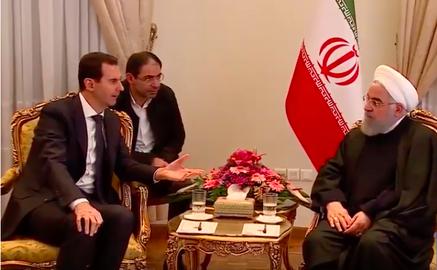

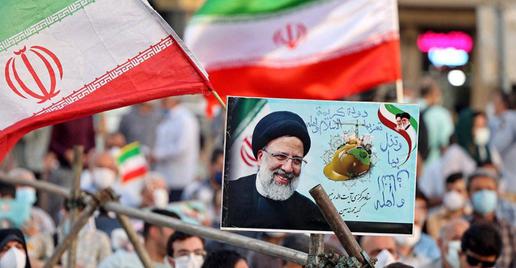



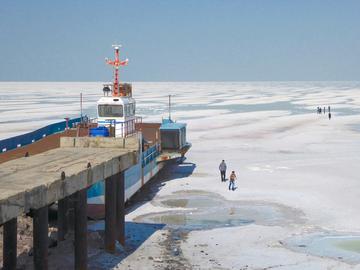
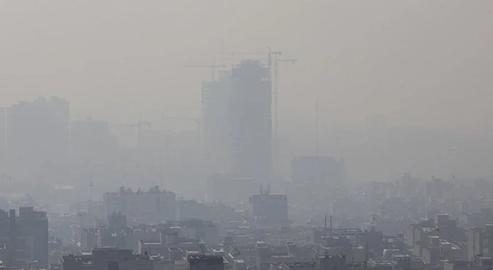
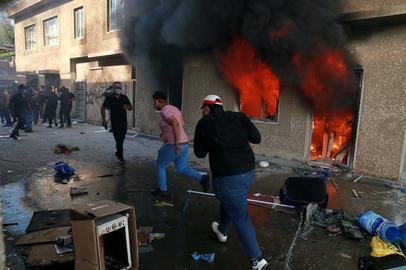
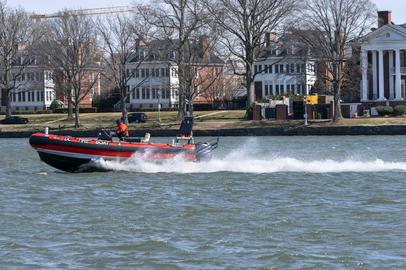
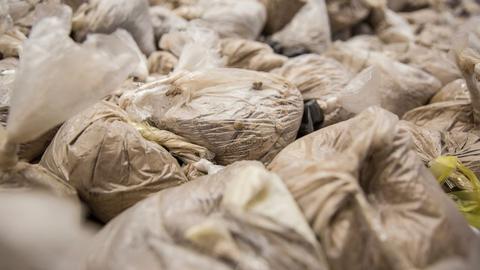
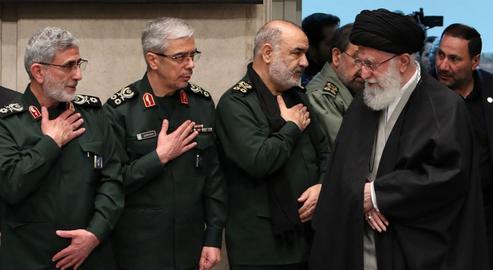
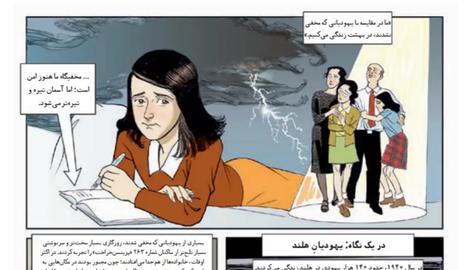
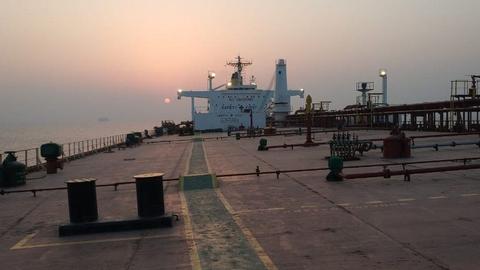


comments